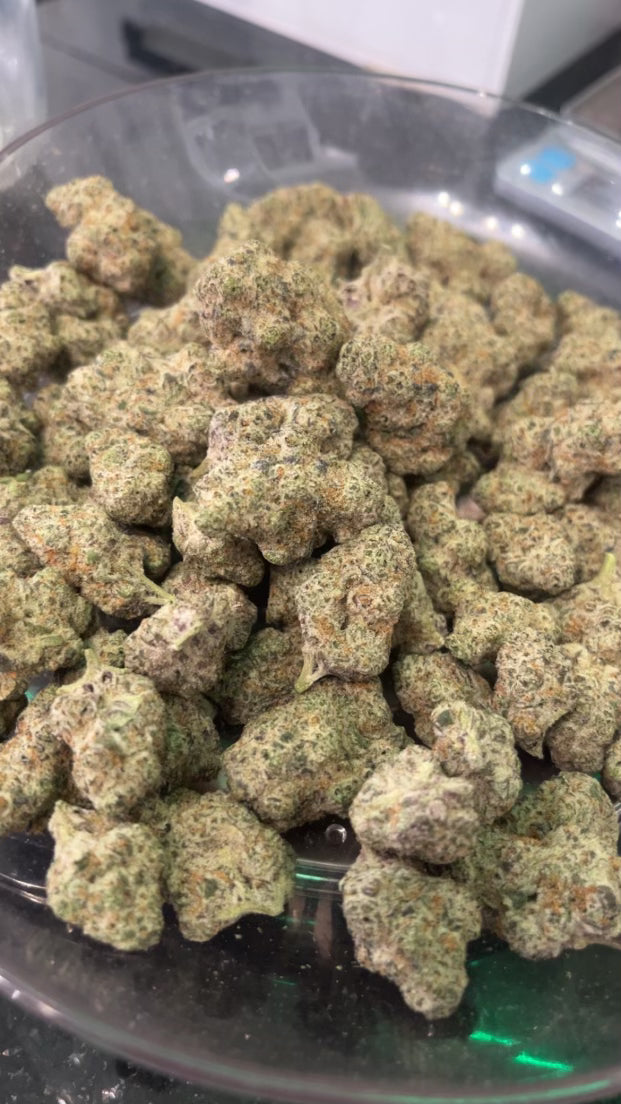
Understanding THCA: What You Need to Know
Tetrahydrocannabinolic acid (THCA) is a fascinating compound found in cannabis plants. Unlike its more famous cousin, THC, THCA won’t get you high—at least, not until it’s heated. When you smoke, vape, or cook it, THCA turns into THC, the compound that delivers the psychoactive effects associated with cannabis.
THCA vs. THC: What’s the Difference?
You might be wondering, "If THCA doesn’t get me high, what’s the point?" Well, THCA has potential medicinal benefits, and some folks use it raw for things like reducing inflammation or nausea. It’s also a popular ingredient in various cannabis products like flowers, crystals, and even patches. But remember, once you apply heat, you’re converting THCA into THC, which means you’re stepping into that high territory.
Hemp, Marijuana, and THCA: What’s the Deal?
Both hemp and marijuana come from the cannabis plant, but there’s a key difference: THC content. Hemp has less than 0.3% THC, making it non-psychoactive, while marijuana contains more THC and can definitely get you high. THCA is found in both plants, but the real buzz comes when people convert hemp-derived THCA into THC, especially in places where marijuana might not be legal.
Forms of THCA
You can find THCA in several forms:
- Flower: The raw buds of the plant, which you can vape or smoke. Some even eat it raw for medicinal purposes.
- Diamonds: These are crystal forms of THCA, perfect for dabbing or adding to your cannabis for a stronger high.
The Legal Side of THCA
THCA is legal in many parts of the U.S., thanks to the 0.3% THC rule for hemp. But here’s where it gets tricky: even though THCA itself isn’t psychoactive, once it’s heated and converted to THC, it can be just as potent as any marijuana product. So, while you can buy THCA legally, what you do with it—like turning it into THC—might push legal boundaries depending on where you live.
Both delta-8 and THCa are legal under the Texas state and federal hemp laws, as long as they have 0.3% or less of delta-9 THC. The key difference between delta-8 and delta-9 THC lies in the placement of a double bond: delta-8 has it on the eighth carbon, while delta-9 has it on the ninth.
Potential Benefits of THCA
While research is still in the early stages, some studies suggest THCA might have anti-inflammatory, anti-nausea, and even neuroprotective effects. It’s shown promise in studies with animals, but more human trials are needed before we can say anything for sure.
THCA: The Risks
Even though THCA itself doesn’t get you high, there are some risks involved. If you’re using THCA, especially in unregulated forms, you could run into issues with contamination, inconsistent potency, or mislabeled products. Plus, if you’re converting THCA to THC, the usual risks of THC consumption apply—like increased anxiety, paranoia, or even long-term effects on your mental health.
In Summary
THCA is an intriguing cannabinoid with potential health benefits, but it’s not without its complications. Whether you’re using it raw or converting it to THC, it’s important to understand what you’re getting into, both legally and health-wise.



